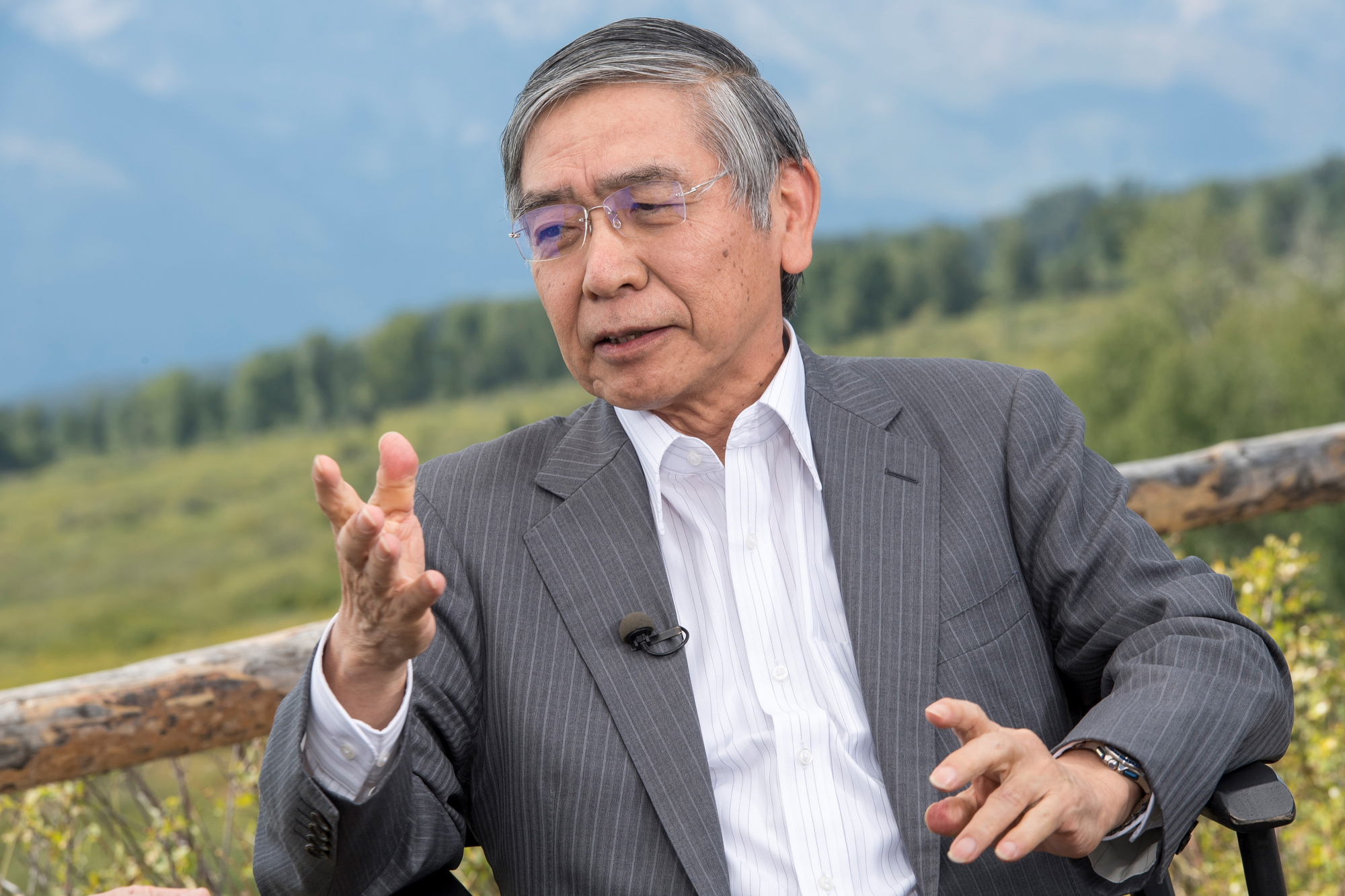As central banks start unwinding balance sheets later this year, there is growing concern about the financial soundness of the Bank of Japan. Tetsuya Inoue, an economist auditing the BOJ for government bureaucrats, says those who worry about its finances miss the main point: of much greater concern is the need to bring fiscal deficits under control. Monetary policy, Inoue suggests, must support fiscal consolidation.
Inoue is general manager and chief researcher at the Nomura Research Institute, an economic think tank. Before joining the NRI in 2008, he was an executive staff member of the BOJ's Policy Board.
The BOJ already owns 41 percent of the Japanese government bond (JGB) market and 56 percent of the Japanese exchange-traded fund (ETF) market, assets worth a combined ¥490 trillion ($4.4 trillion). To buy more assets, it must bid up prices. This exposes the bank to potential losses, especially to capital losses on its JGB holdings. Speaking before the Diet, BOJ Gov. Haruhiko Kuroda explained that a one percentage point rise in long-term yields would cause ¥23 trillion of BOJ losses. Politicians, investors and academics worry monetary policy normalization could bankrupt an undercapitalized BOJ, which holds just ¥8 trillion in capital and reserves.


















With your current subscription plan you can comment on stories. However, before writing your first comment, please create a display name in the Profile section of your subscriber account page.